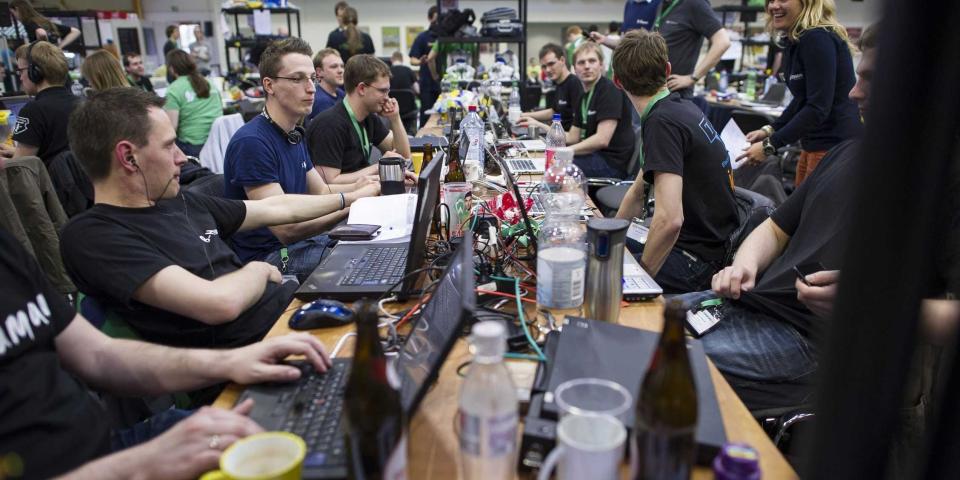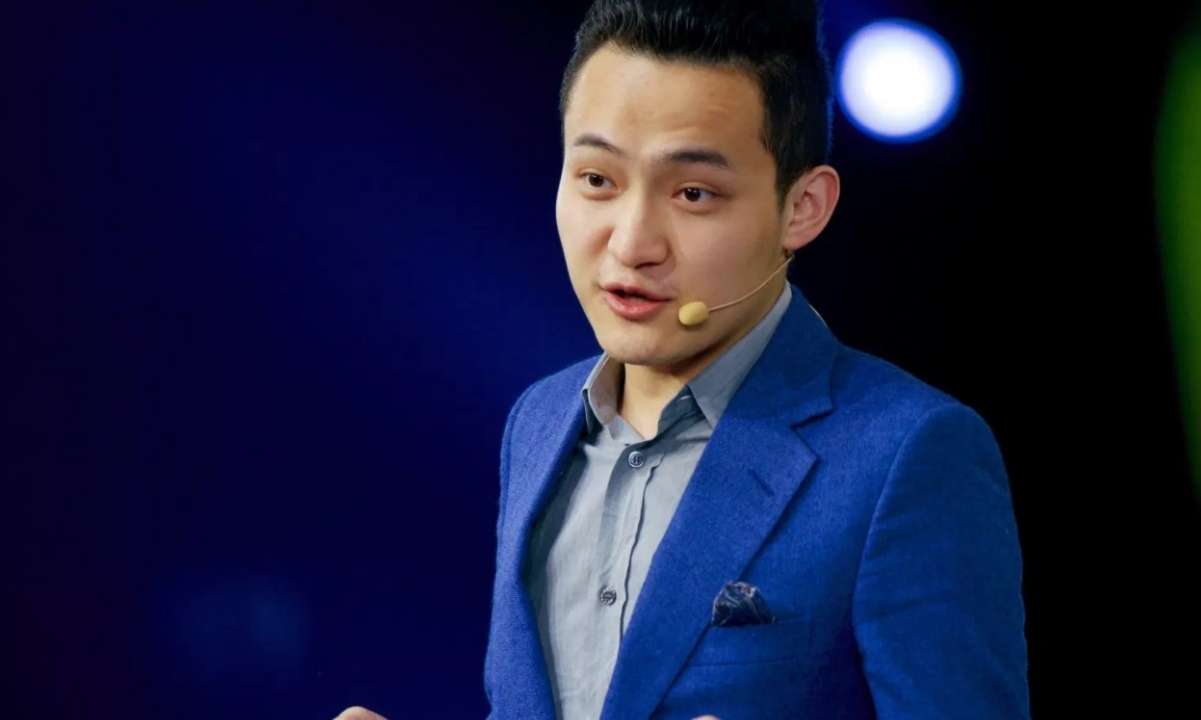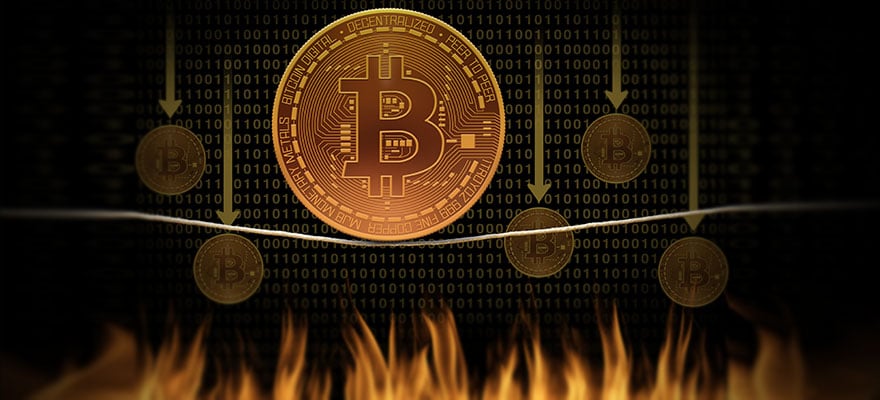OpenAI’s ChatGPT as well as other aspects of conceptual AI may shortly be replacing us in employment. The remarkable AI chatbot has been utilized to compose job descriptions, establish a kids story, and perhaps even allows learners break the rules on their writings ever since discharge in November of the previous year.
The chatbot could be far more potent since we assumed. Google revealed that, through hypothesis, if somehow the bot interrogated at the corporation, it might be employed as an entry-level software engineer. Amazon employees who evaluated ChatGPT has said that the chatbot is “extremely nice” at responding customer service questionnaire, “wonderful” at developing instructional files, and “quite powerful” at attempting to answer company’s strategic doubts.
ChatGPT, on the reverse side, was not without weaknesses. Consumers of ChatGPT unearthed that now the bot could really create misleading info, inaccurately response programming troubles, and create basic math mistakes. “AI won’t ever be as capable as the top specialists in a ground,” said one Wharton instructor. Even so, the emergence of ChatGPT has ignited discussions regarding whether it’s going to substitute employment. The discussion about whether AI will mechanize employment isn’t really fresh. In accordance with a 2013 Oxford University research, AI might completely eradicate 47% of US jobs within the following 20 years.

Whereas this prognostication does seem to be inaccurate, the concept that arising Ai systems like ChatGPT might endanger factory livelihoods — particularly white-collar employment — has grown into a more concrete reality, as according Mark Muro, a senior researcher at the Overseas Development institute whom have studied AI’s impact on the American working population. “It was really caught popular imagination as well as created meaningful the way this might perform out,” Muro clarified.
While Muro doesn’t really start believing that artificial intelligence will take over a million positions in the nearish term, he may indeed think that white-collar employees “seem so to have been more vulnerable to such innovations” than blue-collar employees and that they might be needed to be using artificial intelligence to assist each other do one‘s duties in the years to come.
Anu Madgavkar, an associate at the McKinsey Global Institute, which is a facility for research and analysis, corroborates. She told Insider that such techniques still require any human personal judgement to avert mistakes and prejudices. “We have to believe about these as productive output tools instead of full substitutions,” Madgavkar told reporters. Still, Muro appears to believe that AI would become better value for money and much more progressed in the long term, potentially affecting white-collar job as humans understand it.












